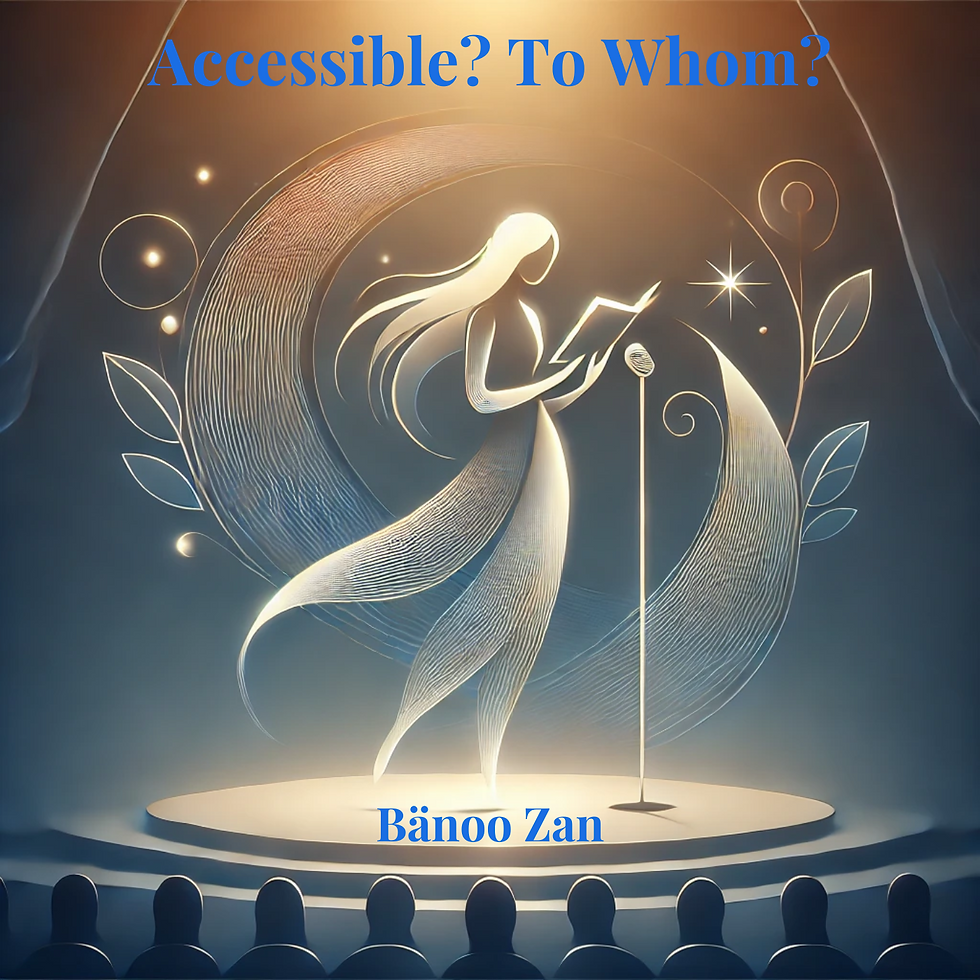Growing Up With A Mixed Mom And A White Dad In A Border City
- TheGroundUpUnited
- Nov 25, 2019
- 4 min read
Updated: May 11, 2020
Check out Ash at @granolagoth on the Gram
Cover photo provided by Ben Curry
My name is Ash Kelley. I’m Irish and English on my dad’s side and Native American/Indigenous and English on my mom’s side. I grew up in Las Cruces, New Mexico. The second biggest city in the state with a population of just under 100,000 people. Forty-five minutes to the west of me is the city of El Paso, Texas, which shares the border with Ciudad Juárez, Mexico.
In 2006 I am ten-years-old. My family decided to go to Disneyland in Anaheim, California for our annual family vacation. My mom grew up on Disney because her own mom, my grandmother, fervently instilled that same passion for Americana in her own children. She comes from northern New Mexico, Farmington to be exact.
My mom grew up in a financially privileged household. Her dad, my grandpa, had a heavy hand in the real estate market as someone that regularly bought and sold property. Her mom, my grandma, was a homemaker. Married at the age of 16 to my then 21year-old grandfather, her path was set in stone. My grandpa holds the Spaniard in my bloodline and with that comes a certain level of machismo. My mom resented my grandpa for this machismo as his only role in raising her and her two elder brothers was that of punisher, enforcer and breadwinner.
My dad hails from Los Alamos, New Mexico. Born to a mathematician, scientist, and alcoholic, my grandfather. His mom was adopted as a child and she harbored lots of pain. She left my dad in the custody of his father and never turned back. Life with my grandfather meant poverty at the hands of his father’s mental illness, his life was far from picturesque.
They began their relationship as coworkers at a Hastings in Las Cruces after both moved to the city for college from northern parts of the state. My mom dropped out to pursue being a stay at home mom and recreational gymnastics coach. My dad persevered through college to achieve his MBA. They both tried their best to do better in the parenting areas their own parents faltered in. Hence the regular trips to Disneyland despite the fact that it really wasn’t in the budget to travel.
Leaving Las Cruces in any direction brings you in direct contact with Border Patrol because there are checkpoints stationed a few miles out of the city on every major high way (Northbound on I-25, Westbound on I-10, Northwest bound on highway 70) as a precaution. These checkpoints always gave me the heebie-jeebies growing up. The regular layout of the checkpoints is a few portable buildings made from the same materials as shipping containers, a lot of border patrol cars and two massive metal canopies on the left shoulder of either I-25, I-10, or highway 70.
Without fail, every single time we went through a checkpoint as a family, my dad always drove. As a child, I always wrote this off as normal and rationalized it by telling myself that it was because my dad was the spokesperson in the family. Until one day, I asked why dad always drove. I was told something to the effect of “Dad always drives through the checkpoints and talks to the border patrol officers because he looks the whitest.”
If I absolutely had to pinpoint the moment I was made aware of the way I looked in the dissociative, anxious chaos of my childhood, it was sometime in kindergarten. I remember standing in line on the basketball court after recess with the rest of my class when one of my classmates turned to me and asked if I was Mexican. I was so confused by the question that I thought I had been insulted and my gut reaction was to say “No,” so I did.
The experiences mentioned above, compounded with the internalized racism my mom carried and passed on to me created a very ashamed child. So much so that I very purposefully took two years of French over Spanish in highschool despite Spanish being far more useful in the region I grew up in.
All of this is a very roundabout way of saying that race is a social construct and we internalize our own perceived race (yes, perceived) as well as read the races of our kin, which is compounded in a plethora of tiny actions (perceived slights/microaggressions, gatekeeping, stereotyping, etc.) that ceaselessly impact the mundane lives of normal people every minute.
Despite being unaware of “Mexican” as a race, I was aware enough of it as a concept that my gut told me to run from the misnomer to avoid mistreatment. French was not useful to my career path or my community but it sounded pretty and French people were always romanticized and so I assimilated into my western European blood as much as I could. My dad always drove the car through the border patrol checkpoints as a precaution for our safety because my mom is beautiful and brown and if someone at the station decides that they don’t like that, our lives are in their hands.
But I have grown older. Now I realize how important it is to fight against racism. And as Gloria Anzaldúa wrote in “Don’t Give In Chicanita": “they will never take that pride/ of being mexicana-Chicana-tejana/ nor our Indian woman’s spirit.”




Comments